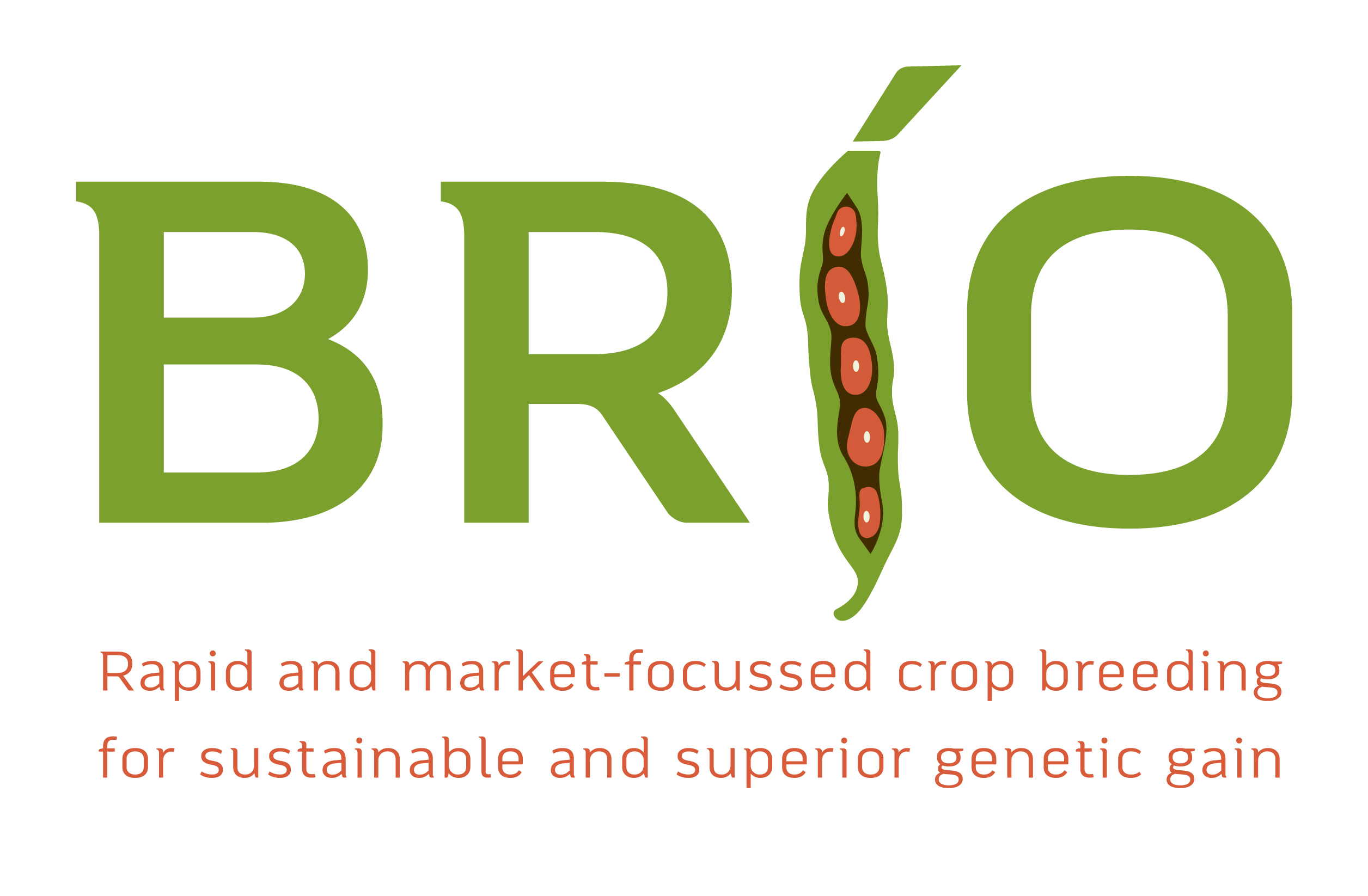
A team comprising members of the Pan Africa Bean Research Alliance and Australian researchers, supported by the Australian Centre for International Agricultural Research (ACIAR), are developing a new approach to crop breeding that combines all the elements of brio or brío, meaning vigour, vitality, energy and strength in Romance languages. BRÍO has four components for rapid and long-term gains in breeding: breeding values, rapid cycles, index selection and optimal mating designs.
“The breeding of common beans will be improved by applying BRÍO crop breeding methods,” said Project Leader Professor Wallace Cowling, of The University of Western Australia’s Institute of Agriculture.
PABRA bean breeder and Project Co-ordinator in Africa, Dr Clare Mukankusi of the Alliance Bioversity International and The International Center for Tropical Agriculture (CIAT) in Uganda, said “we aim to improve the livelihood of African small landholders through this bean breeding project. We will improve beans by breeding for fast cooking time and higher iron and zinc contents – essential attributes for the health of African women and children.”
Dr Mukankusi added “Beans are an essential source of protein, iron and zinc. But beans take a long time to cook, which means burning a lot of wood or costly fossil fuels, and cooking requires a lot of water and time of women and children. Prolonged exposure to smoke from cooking is a serious threat to women’s and children’s health. This project will helps us to train African breeders in the new BRÍO method and provides an opportunity for African crop breeders to become world leaders in this new approach. The BRÍO approach will help us to deliver fast cooking and biofortified bean varieties to African women and children through the PABRA breeding network.”
The project involves National Agricultural Research System (NARS) partners in six countries in East Africa (Burundi, Ethiopia Kenya, Rwanda, Tanzania and Uganda) who are linked in bean breeding and variety release under the PABRA umbrella which promotes the distribution and marketing of common bean varieties in Africa through the bean corridors approach.
Jean Claude Rubyogo, Director of PABRA and Bean Programme Leader in the Alliance Bioversity International-CIAT, said “We want to make sure that these new bean varieties make their way to the people who need them most – African women and children. Our NARS partners in PABRA are developing new product profiles for fast cooking beans with higher iron and zinc, and promoting new bean varieties through participatory variety selection and efficient seed release systems, which engage both women and men. This project is complementary to a parallel project “Demand-led Breeding” supported by ACIAR, the Syngenta Foundation for Sustainable Agriculture and the Crawford Fund in which bean product profiles will guide the breeding, promotion of improved farmer preferred and market demanded bean varieties to replace old varieties.”
According to Professor Cowling, “BRÍO takes the best from recent advances in molecular genetics and current research in animal genetics and breeding, and applies it to crops. We are working with bean molecular breeders in the Alliance Bioversity International-CIAT and researchers in the Animal Genetics and Breeding Unit at University of New England, Armidale, Australia to make sure that BRÍO uses the latest technology and that this technology is accessible to bean breeders in Africa. The integration of the four key components of BRÍO into practical crop breeding is what makes it unique. These components cannot stand alone – all four must be implemented to ensure rapid and long-term genetic gain in crop breeding.”